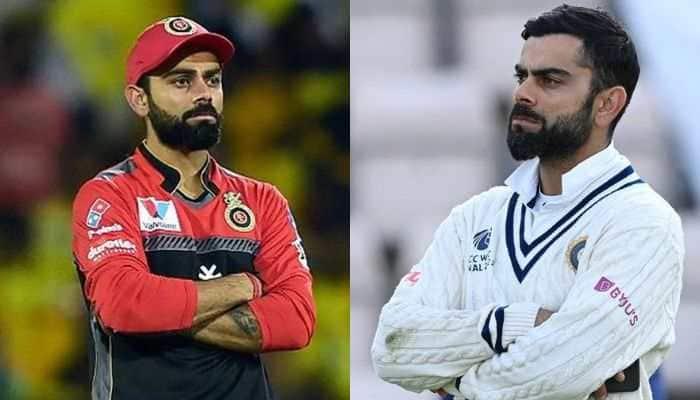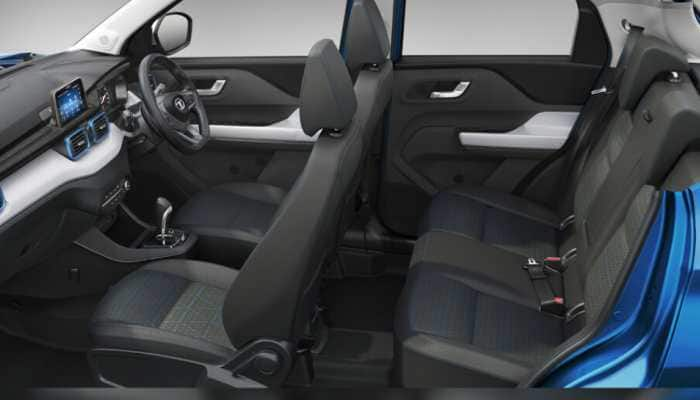PM Narendra Modi to discuss H-1B visa issue with Donald Trump next week
Aside from the visa review, the Trump administration has launched an investigation of countries including India with which the United States runs a bilateral trade deficit.
Trending Photos
)
New Delhi: Prime Minister Narendra Modi will take up the issue of visas for skilled workers when he meets US President Donald Trump next week in Washington, a senior government official said on Tuesday.
The review threatens Indian IT services firm such as Infosys Ltd and Tata Consultancy Services which advise large companies on tech issues and carry out a range of tasks for them, relying heavily on the H-1B visa programme.
"The H-1B visa issue will be one of the issues on the table during the PM`s visit," Trade Secretary Rita Teaotia told reporters.
Modi will meet Trump in Washington on June 26. The first meeting between them is expected to lay the ground for a further expansion in ties, which grew rapidly under former U.S. President Barack Obama.
However, Trump`s focus on building ties with China, coupled with his protectionist trade policies and his characterisation of India as an unscrupulous negotiator in the Paris climate change agreement have raised concern in New Delhi about a drift in relations.
Aside from the visa review, the Trump administration has launched an investigation of countries including India with which the United States runs a bilateral trade deficit.
Teaotia said the government would try to convince Washington that higher exports from India were a win-win for both countries as they helped American companies cut costs and create jobs.
The bilateral trade between the two countries more than doubled to about $115 billion in 2016 from $45.1 billion in 2006. However, the U.S. trade deficit with India also widened.
The trade shortfall was $30.8 billion in 2016, up from $12.7 billion in 2006.
Stay informed on all the latest news, real-time breaking news updates, and follow all the important headlines in india news and world News on Zee News.
Advertisement
Live Tv
Advertisement







)
)
)
)
)
)
)
)
)
)
